The
Human-predator conflict is a primary driver of predator declines worldwide and can inflict substantial costs on local communities. Resolving and mitigating these conflicts is therefore of primary concern to carnivore conservation and human livelihoods. One main point of conflict is brought about by livestock depredation by predators.
Most of the attacks on livestock take place at night when predators enter weak livestock enclosures (bomas).
The weak traditional bomas are made of shrubs and are easy for predators to enter and kill livestock.
This in turn lead to retaliatory attacks by communities where they poison or physically attack the predators. This leads to indiscriminate killing of predators.
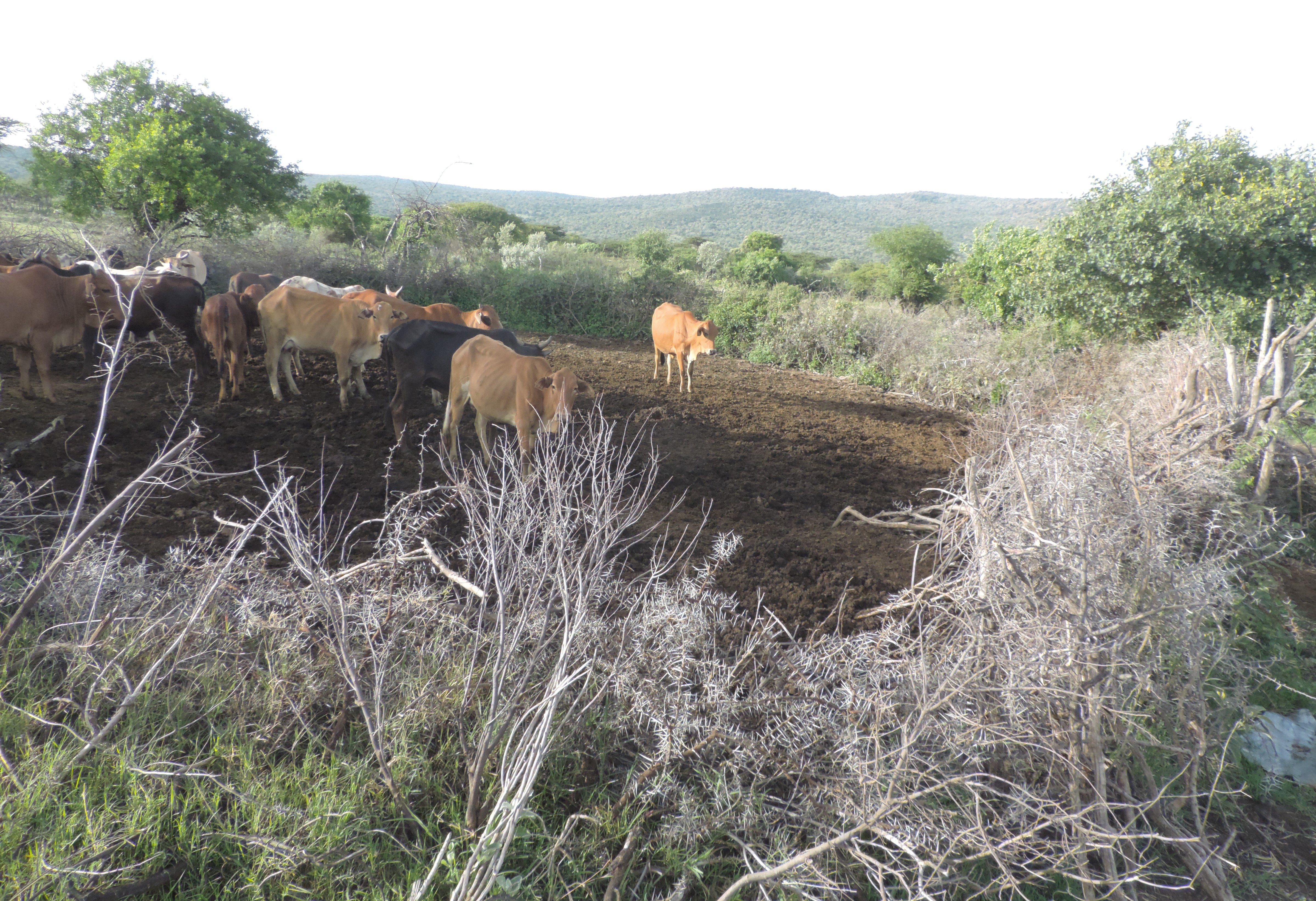
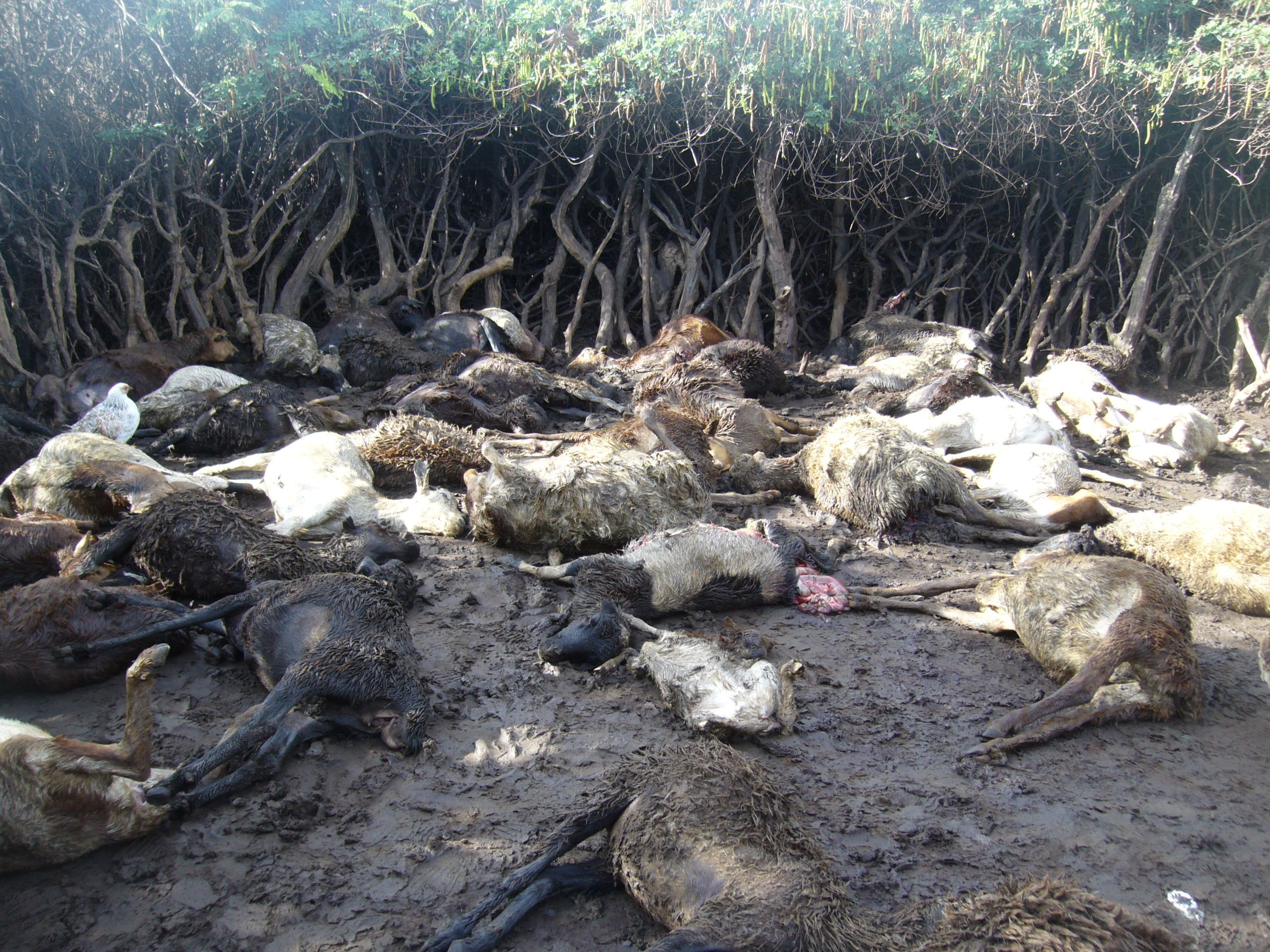
The
Realizing the danger that livestock depredation causes on both human livelihoods and the predators, we embarked on finding solutions to the problem. Our solution is putting up predator-proof bomas in areas that have been identified as conflict hot-posts.
The modern bomas that we put up are made of recycled plastic poles which are sustainable and further reinforced using chain-link and barbed wire.
The posts are made of recycled plastic waste which is collected around Nairobi.
This is a win-win solution for the predators and the communities. Areas where we have put up the bomas have recorded zero depredation cases and this is a clear indication that this intervention works.
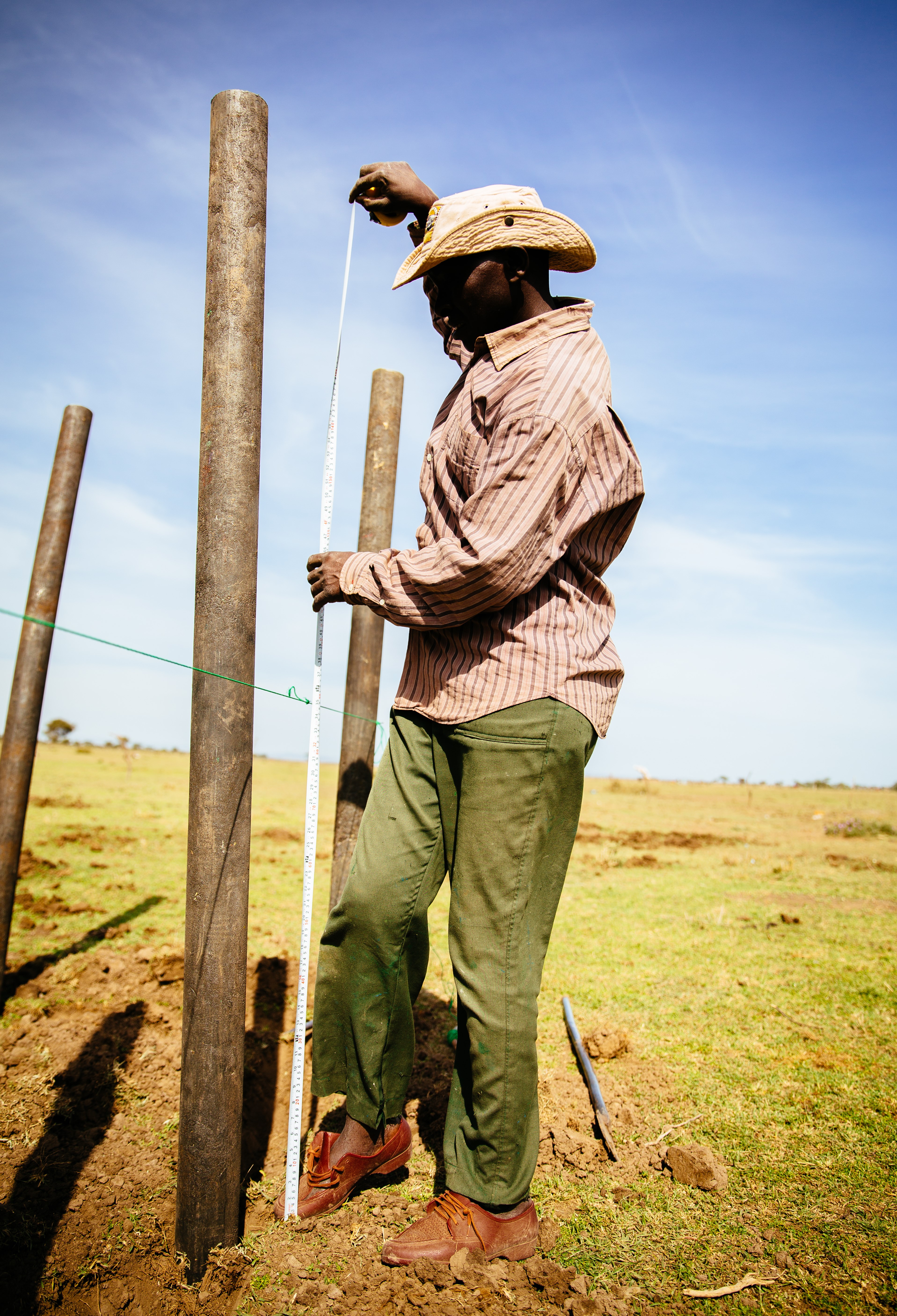
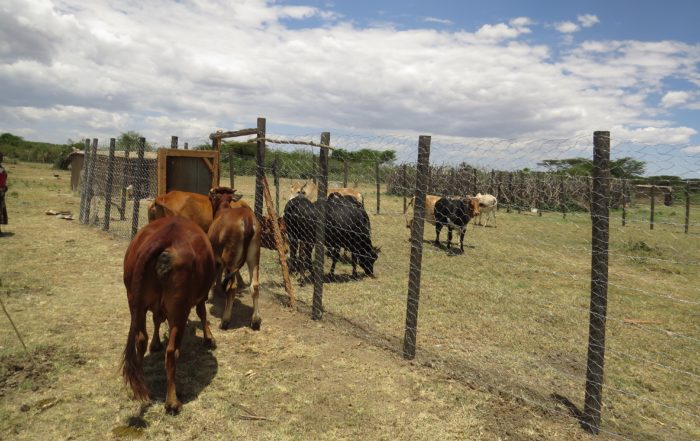
So far, with financial support from the African Wildlife Foundation (AWF), we have put up a total of 11 predator-proof bomas. The bomas have been built in areas that have been identified as conflict hot-spots.
We have recently received funding to build an additional six bomas from the World Wildlife Fund-Kenya (WWF-Kenya). We have already ordered the materials for the bomas and will be constructing them soon.
Our continued efforts are aimed at protecting the livelihoods of people living with predators while at the same time saving predators.
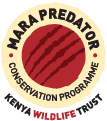

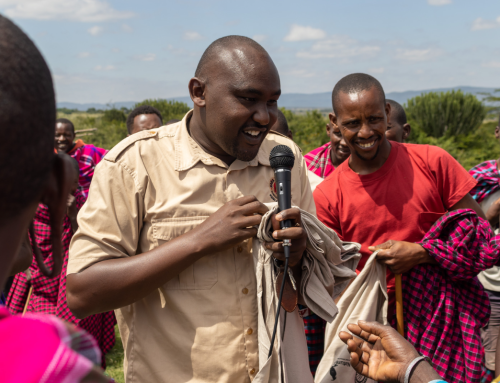
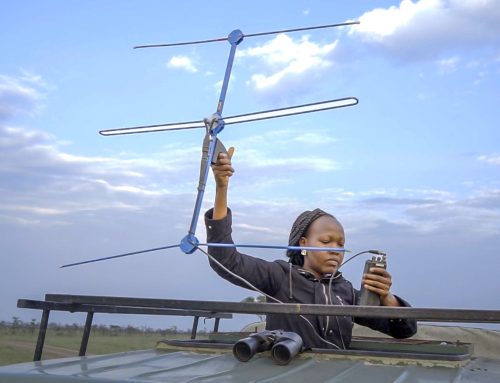

Leave A Comment